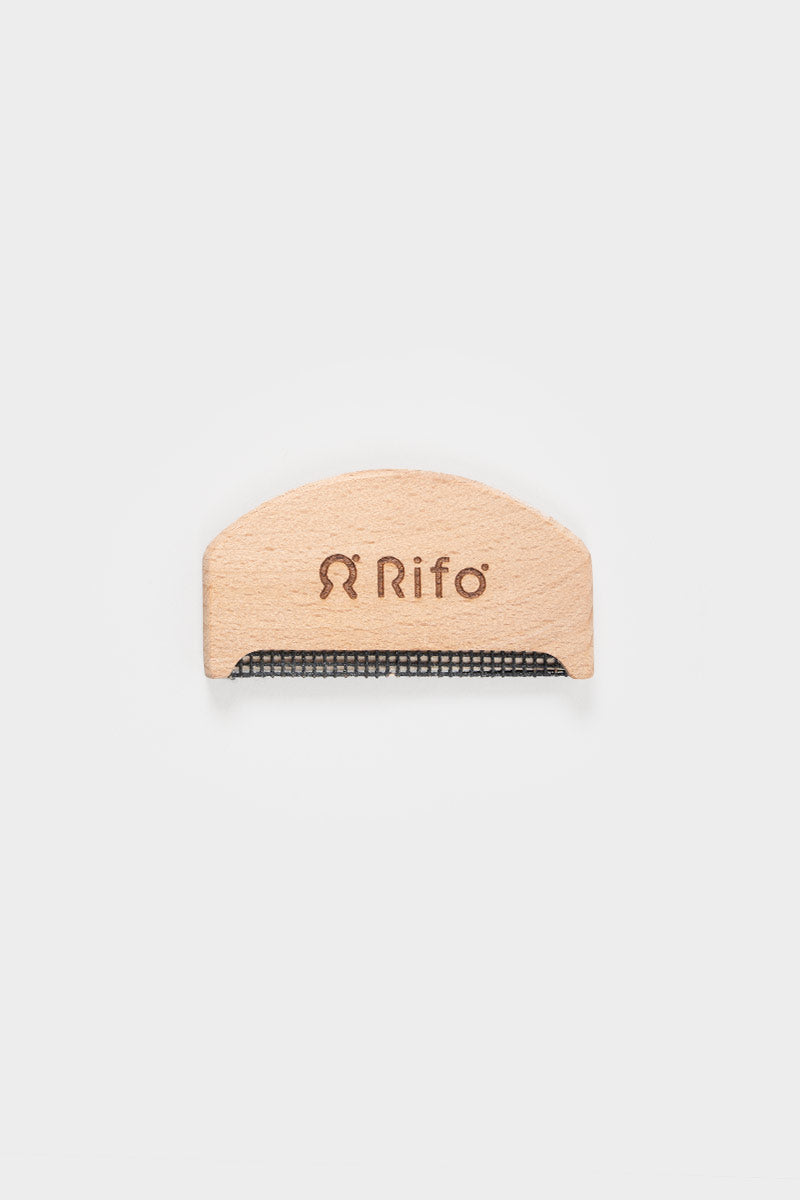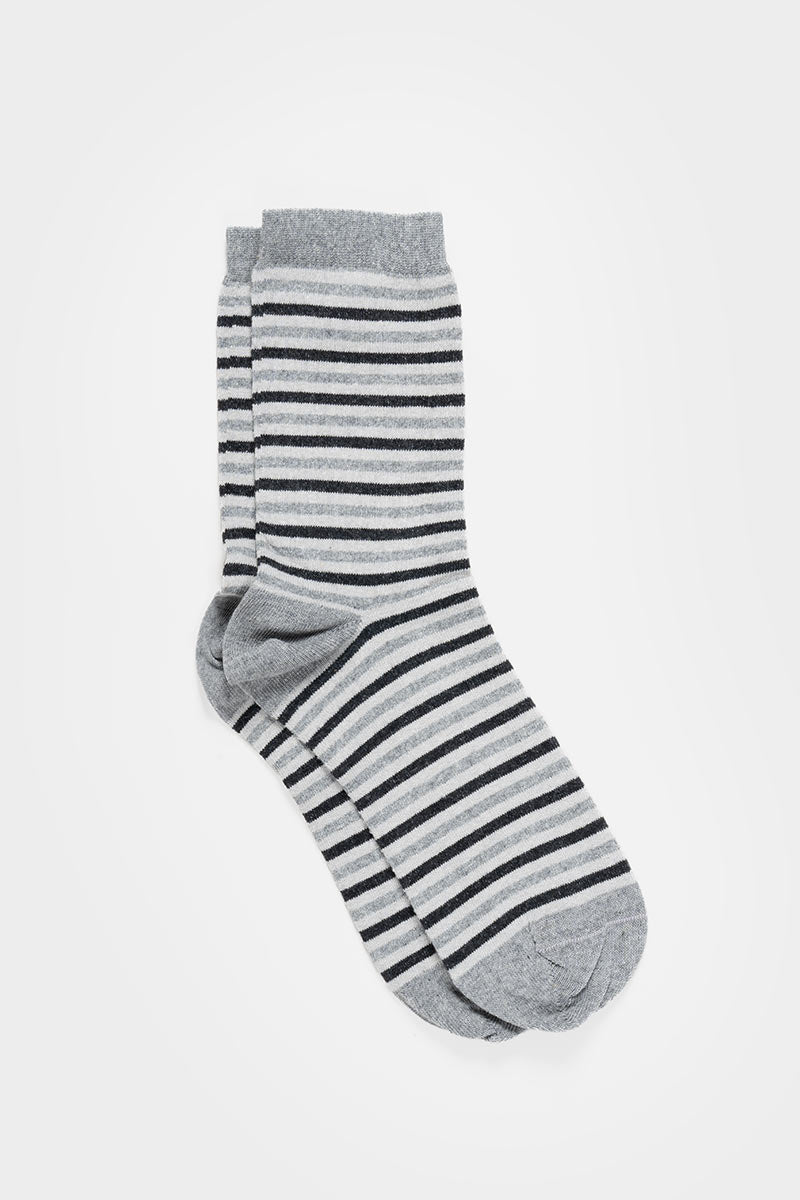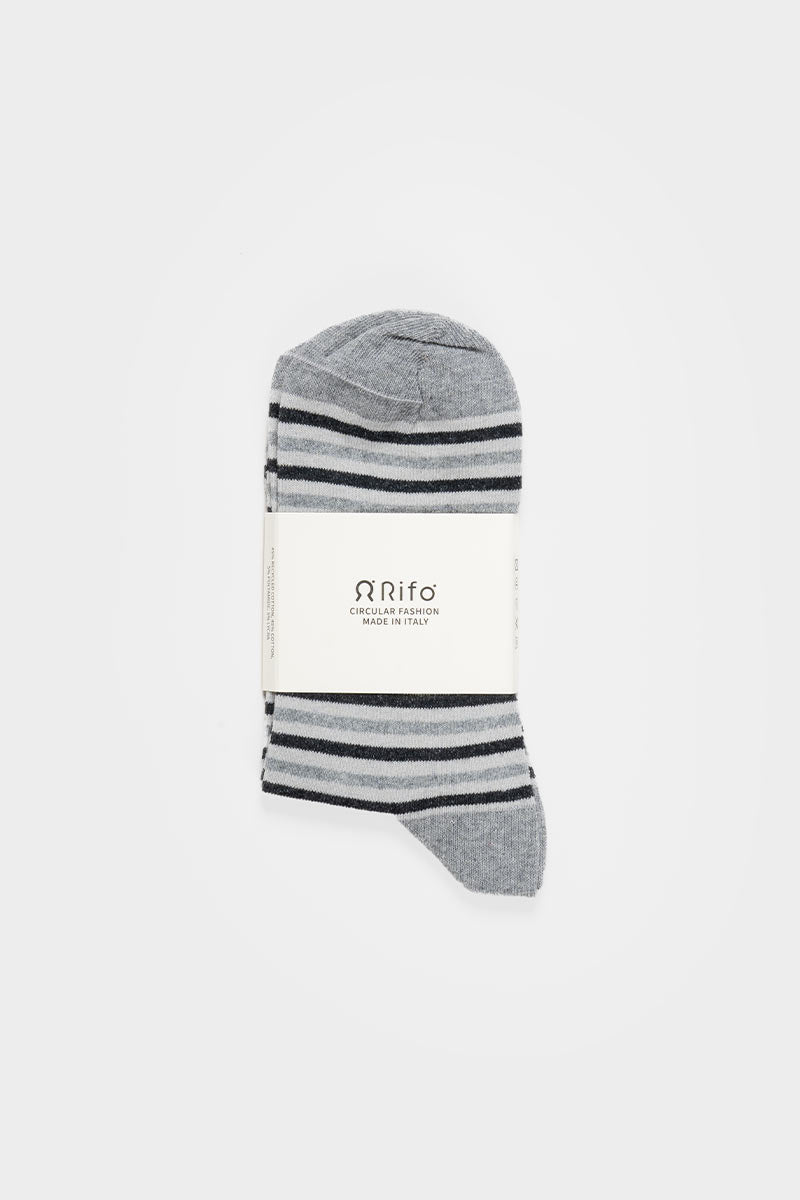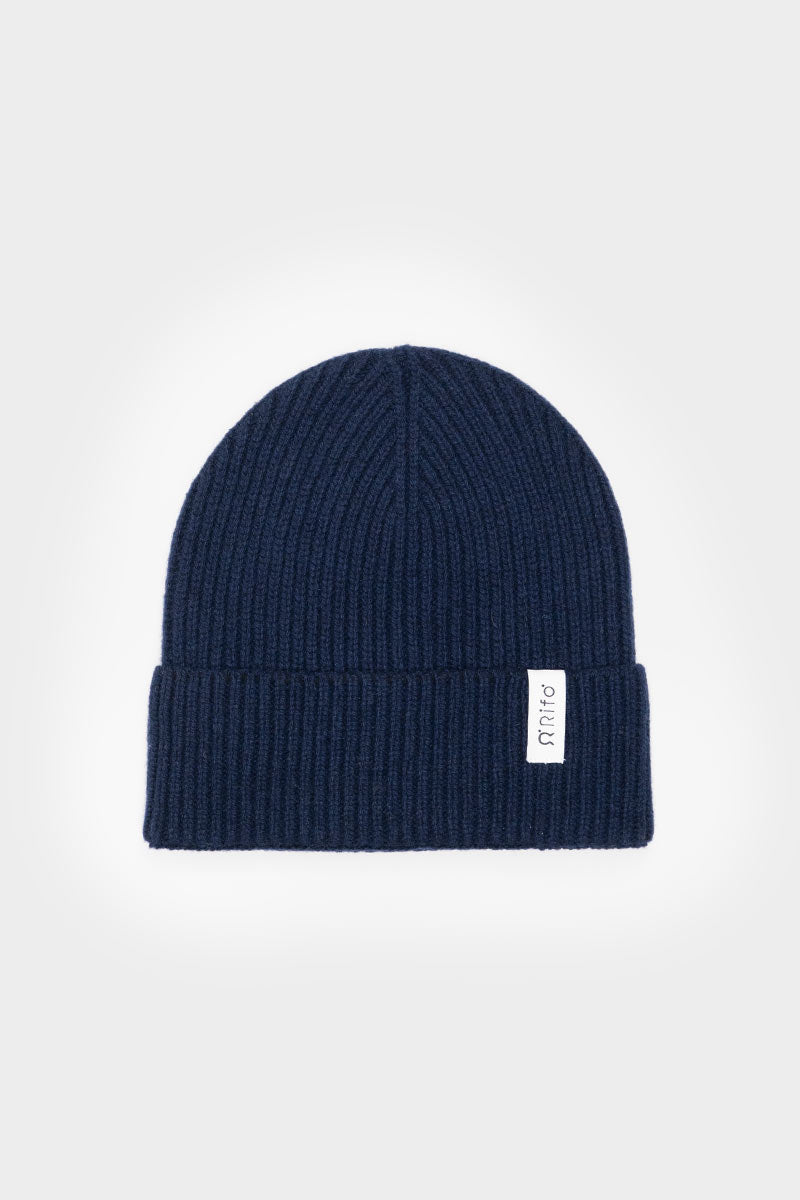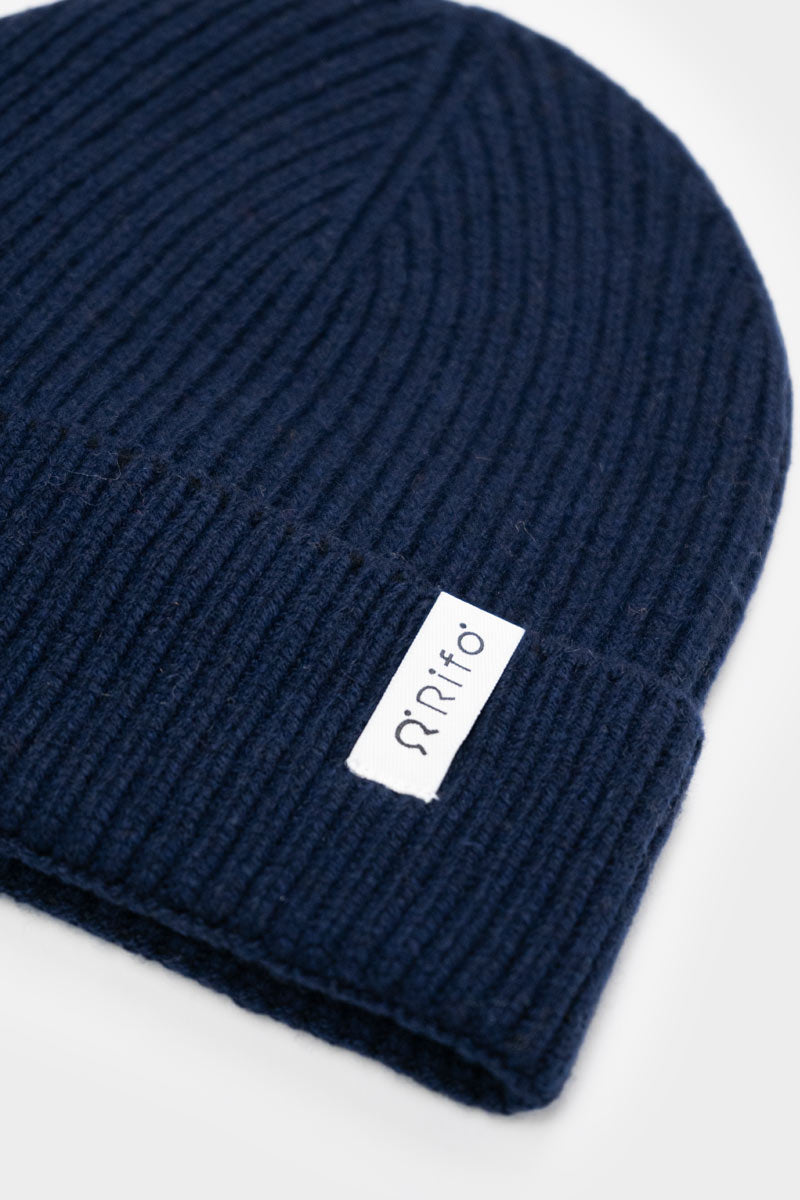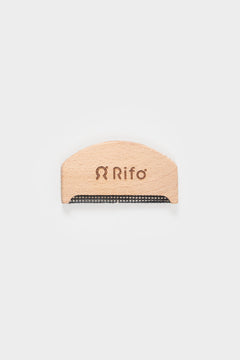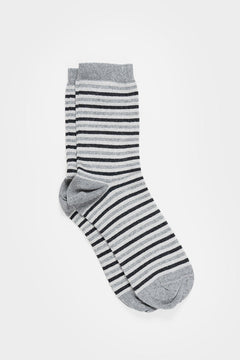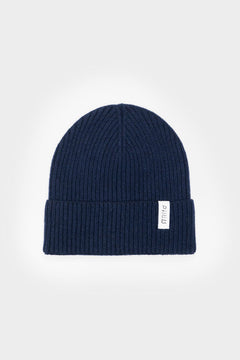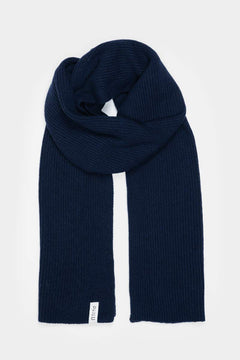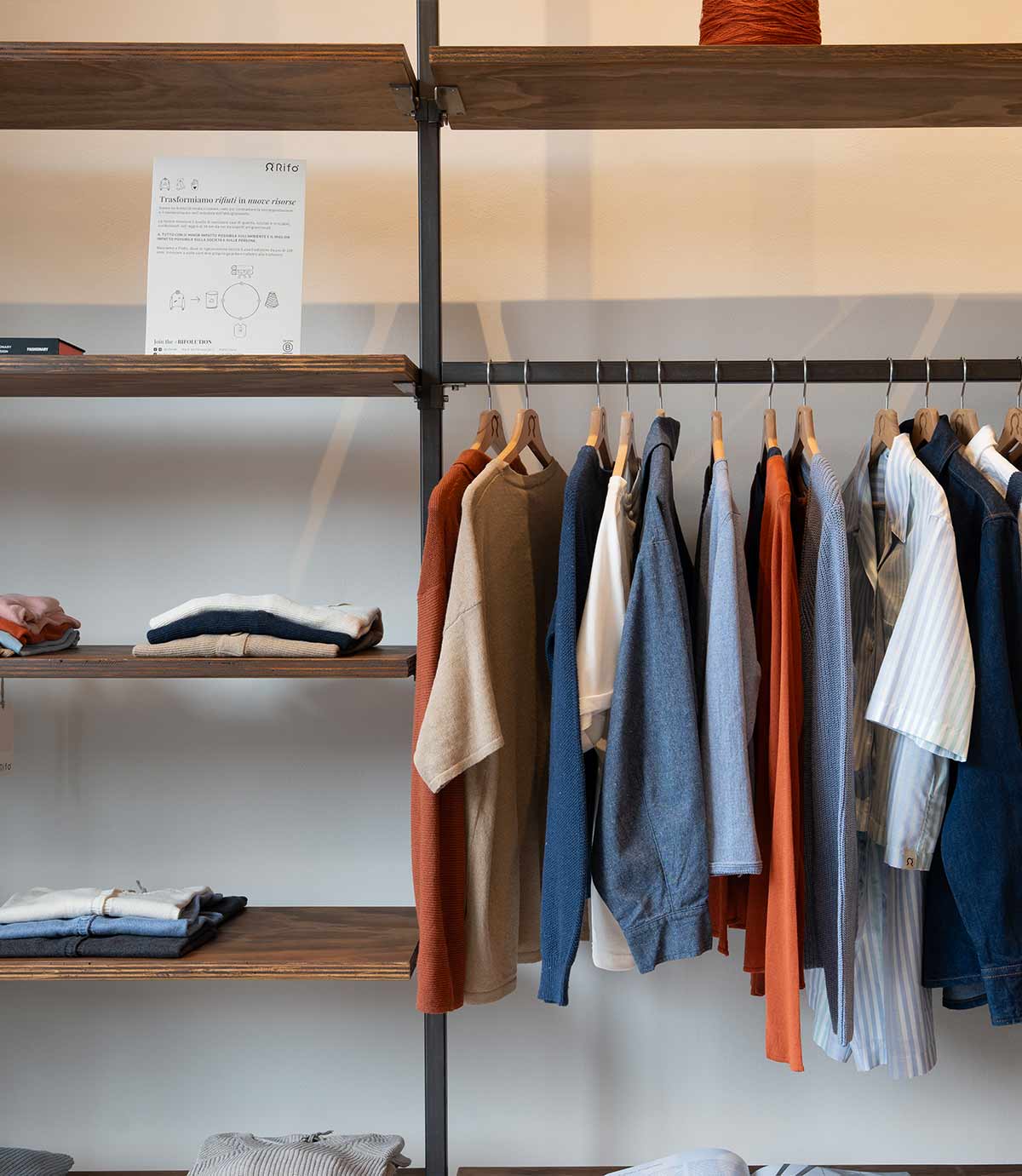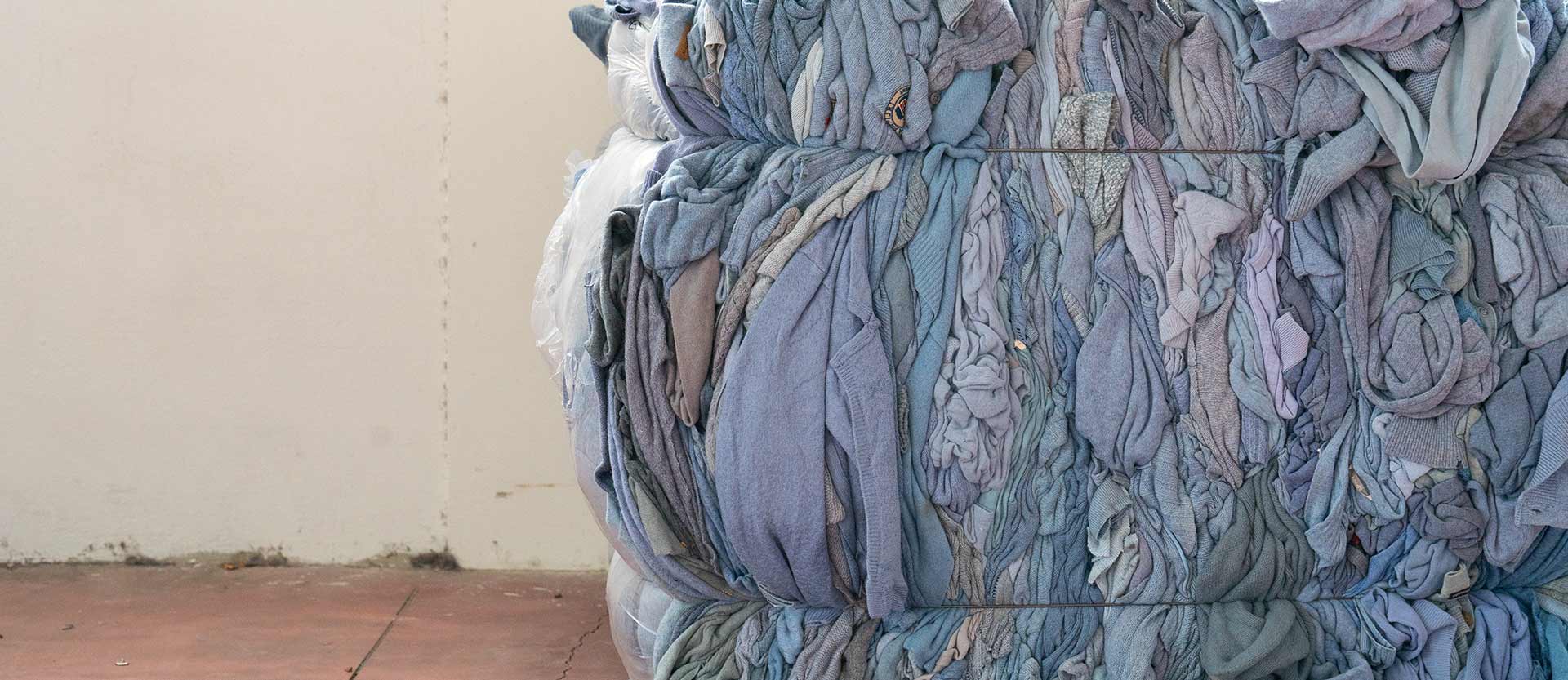
Sustainable fashion
Circular fashion is at the heart of our philosophy
Through the recycling of fabrics, we give new life to discarded clothes, transforming them into new high-quality products, ethically re-made in Prato.
We avoid waste and locally produce clothes designed to last forever in your wardrobe.
What we do
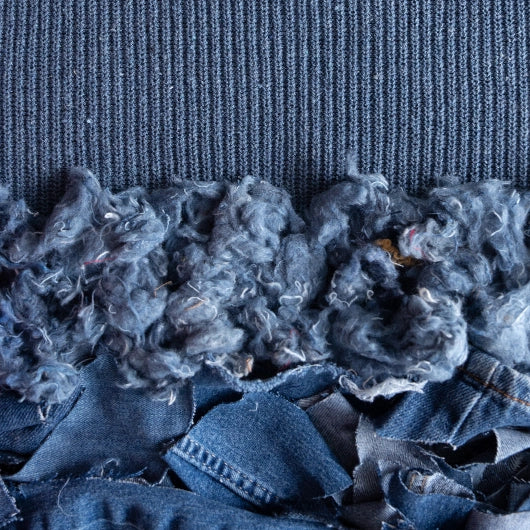
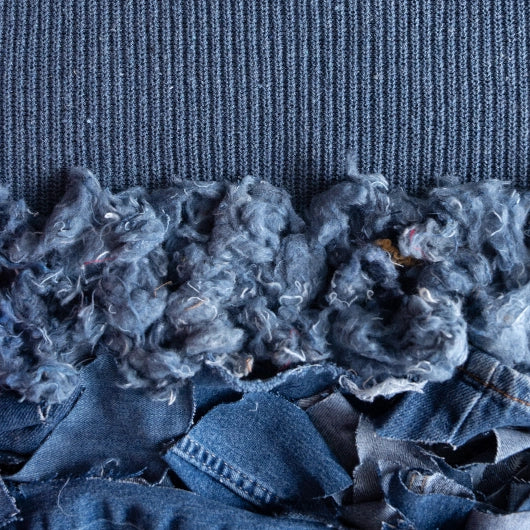
We choose recycled and recyclable materials
Cashmere and recycled cotton, recycled wool, but also jeans. Old clothes and textile waste are selected by color and type, shredded, transformed into new yarn and finally woven into new, durable, quality garments.
An ethical process that allows for significant energy savings while avoiding the re-dyeing of fibers, thus saving many liters of water and chemicals.
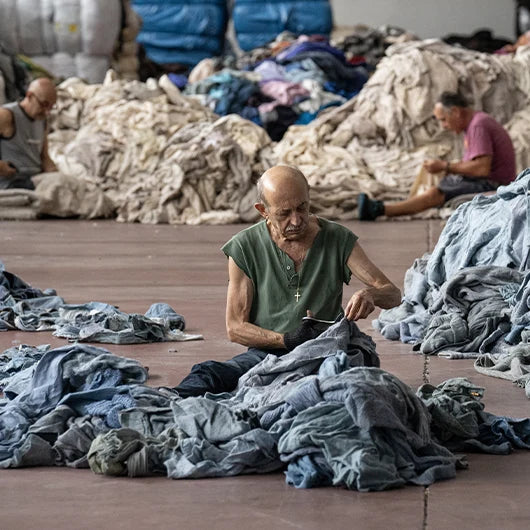
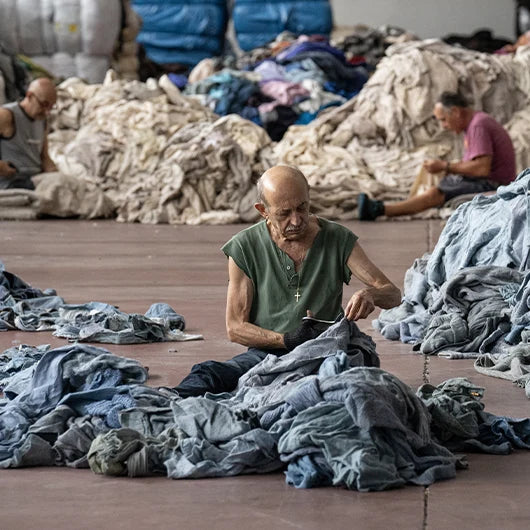
We look to the future, thanks to tradition
We want to enhance the centenary tradition of fabric recycling. Making known the mastery of the cenciaioli, the artisans who select the materials at the first touch to transform what is considered waste into a new resource.
This way, we reduce waste and give new life to materials that would otherwise end up in landfills.
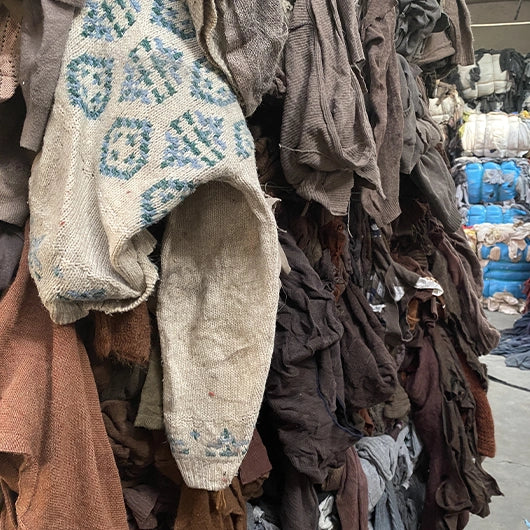
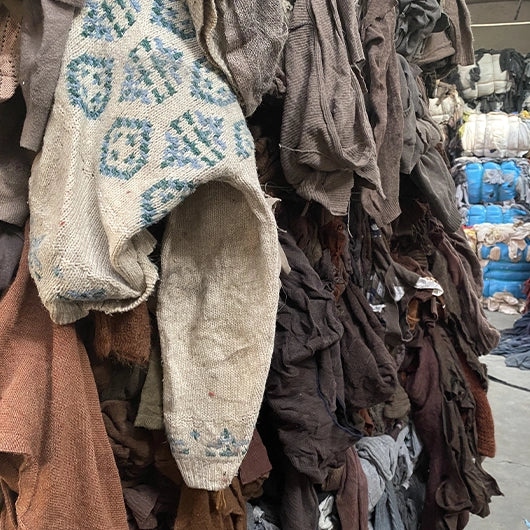
We promote the circular economy
You too can recycle the clothes you no longer want. When their life seems to be over, it's time to extend their lifecycle even further.
Find out how to schedule a home pickup or where to find the boxes to drop off your old wool, cashmere sweaters, and jeans.
How we do it
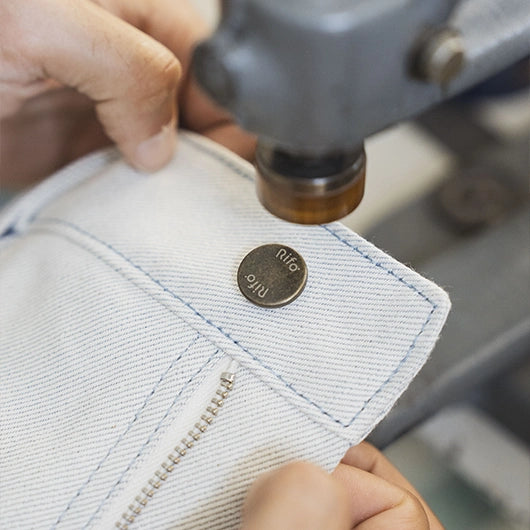
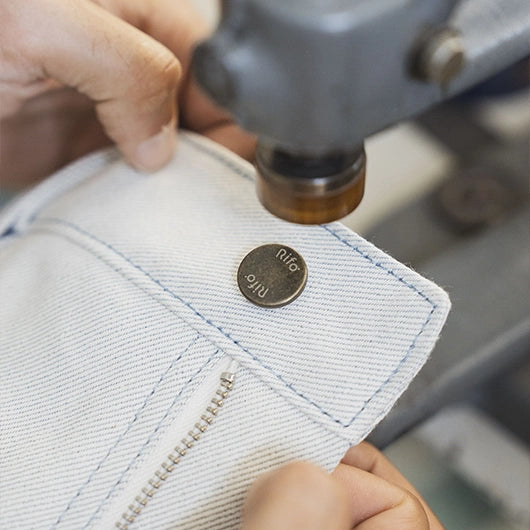
Local production within 30 km
We believe in local artisans' skills and Made in Italy. Our production takes place within just 30 km of our office. A close and collaborative supply chain allows us to reduce our CO₂ impacts, to oversee all stages of production, and to guarantee a high quality Made in Italy products.
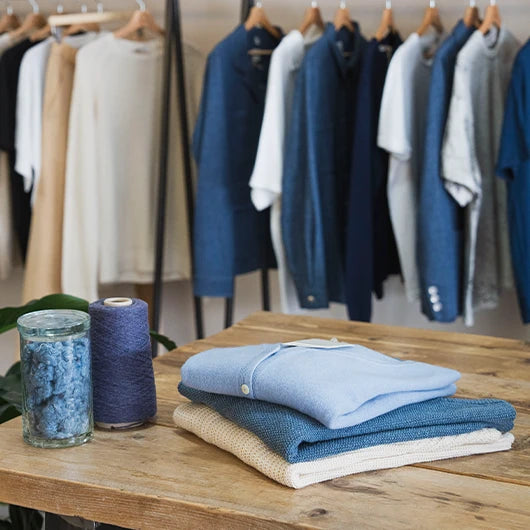
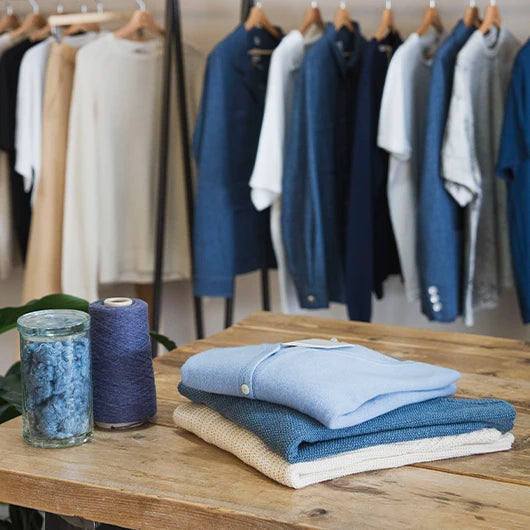
Anti-Waste Presale
The only structural discount we offer is the presale discount. By purchasing our garments before they are produced, you help us avoid waste and produce only what is needed. Our circular fashion is designed to reduce environmental impact.
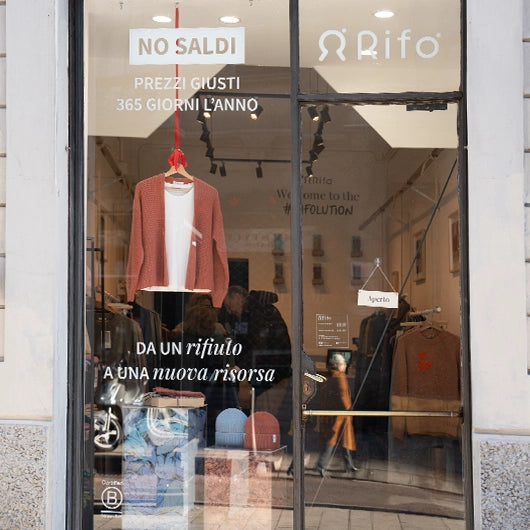
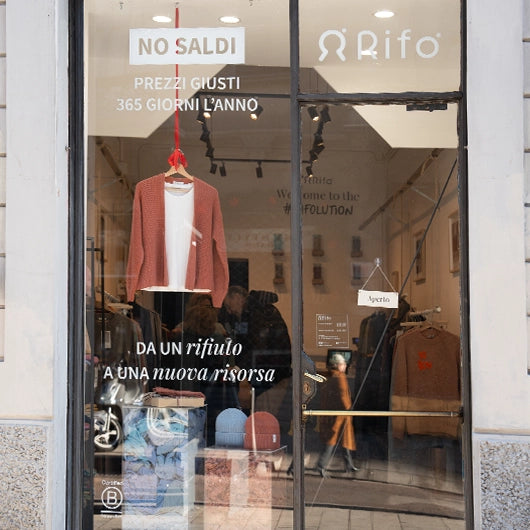
Fair prices, always
Overproduction generates unsold goods, unsold goods generate sales, sales contribute to fueling disposable fashion. We don't want to be part of a system that produces things that are already destined to be waste. This is why our prices are fair all year round. Our ethical production ensures quality and value.
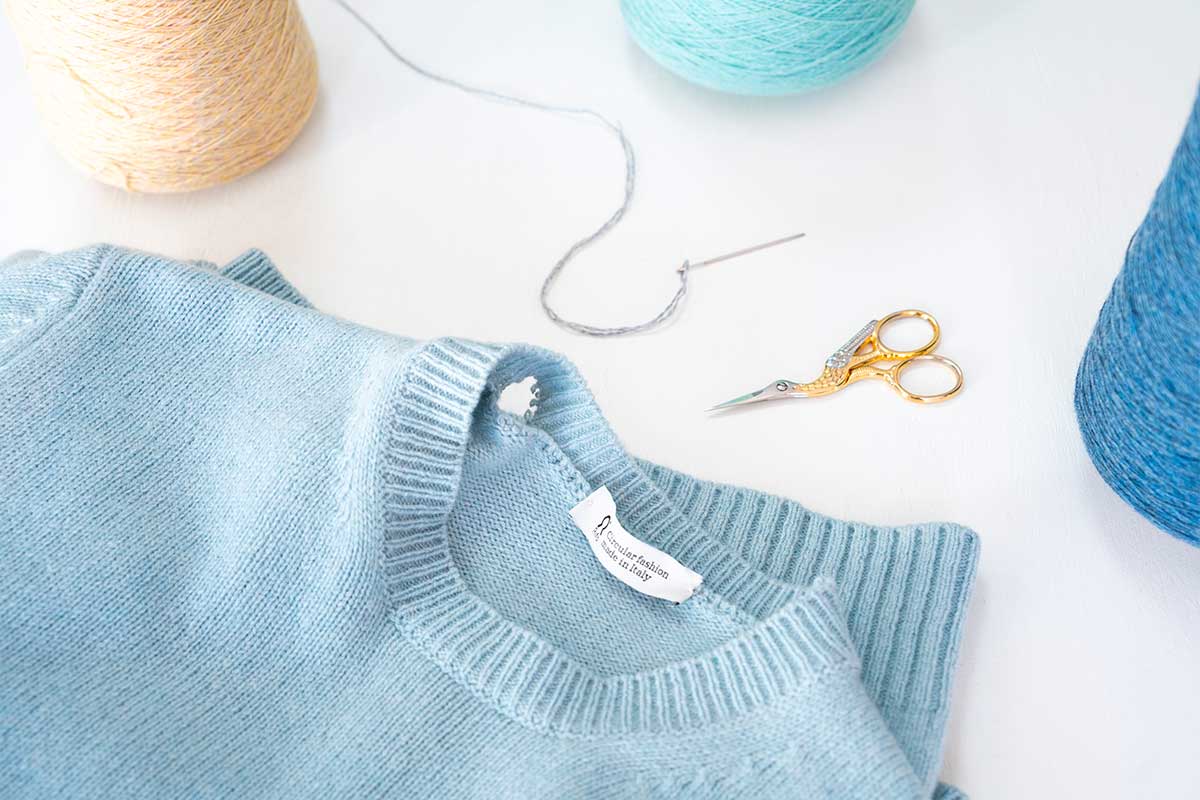
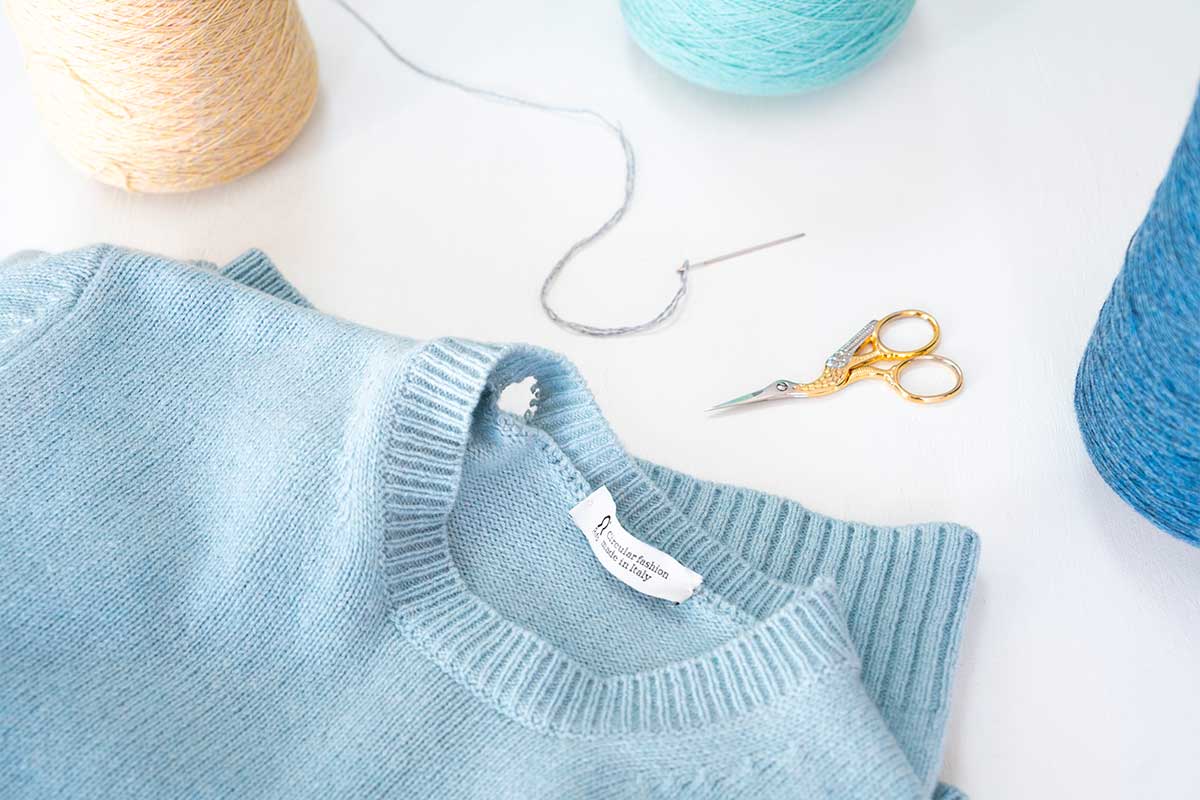
Extending the life cycle of garments
The real alternative to fast fashion is reconnecting with what we wear. Choosing carefully a piece, taking care of it, and making it last over time by repairing it when necessary. That’s why we offer a free repair service called Love Lasts.
